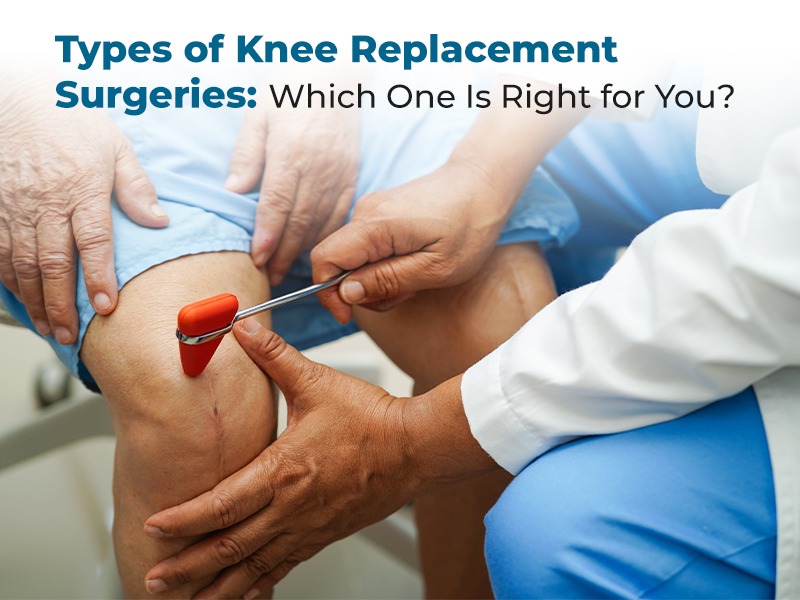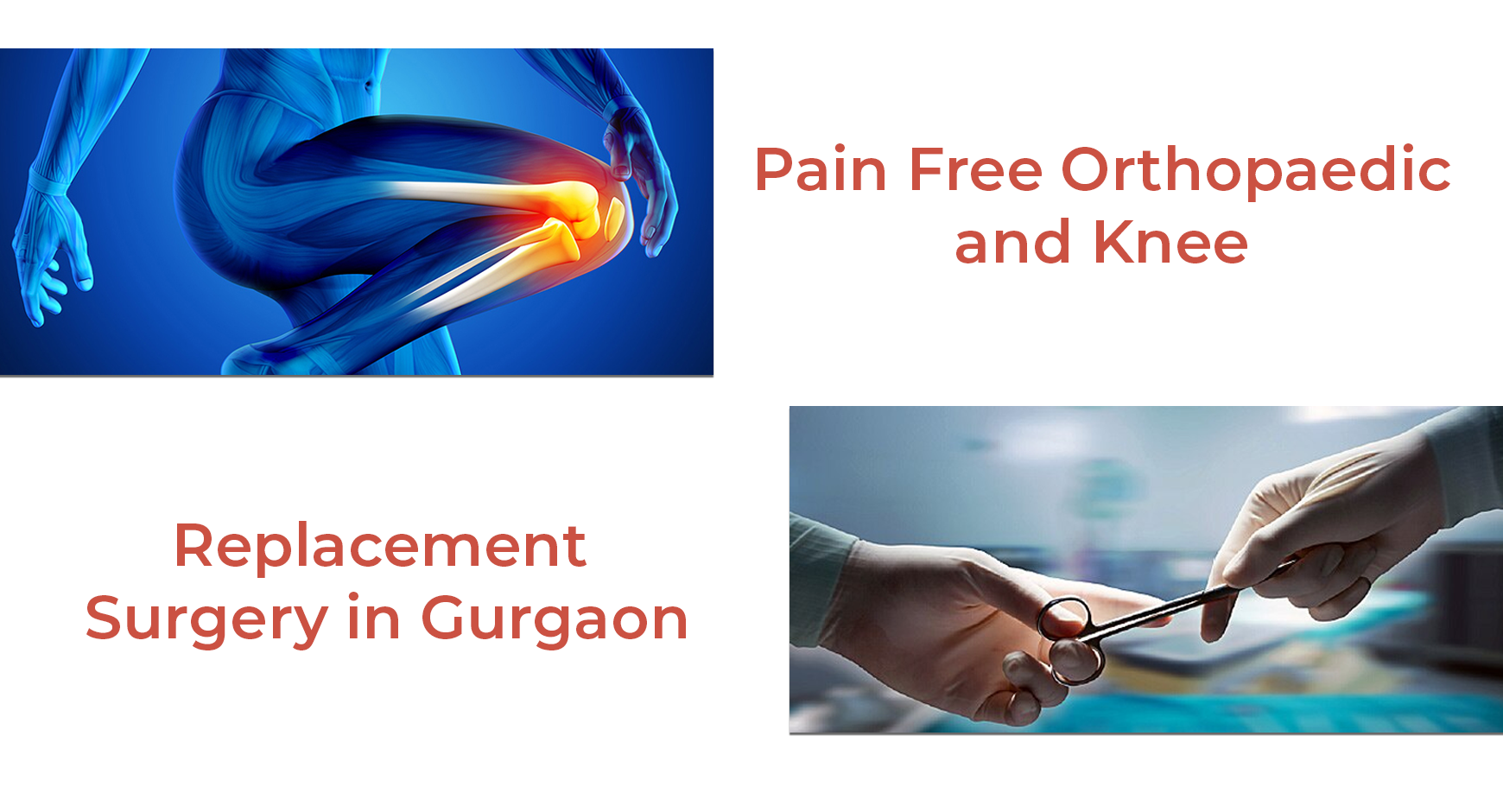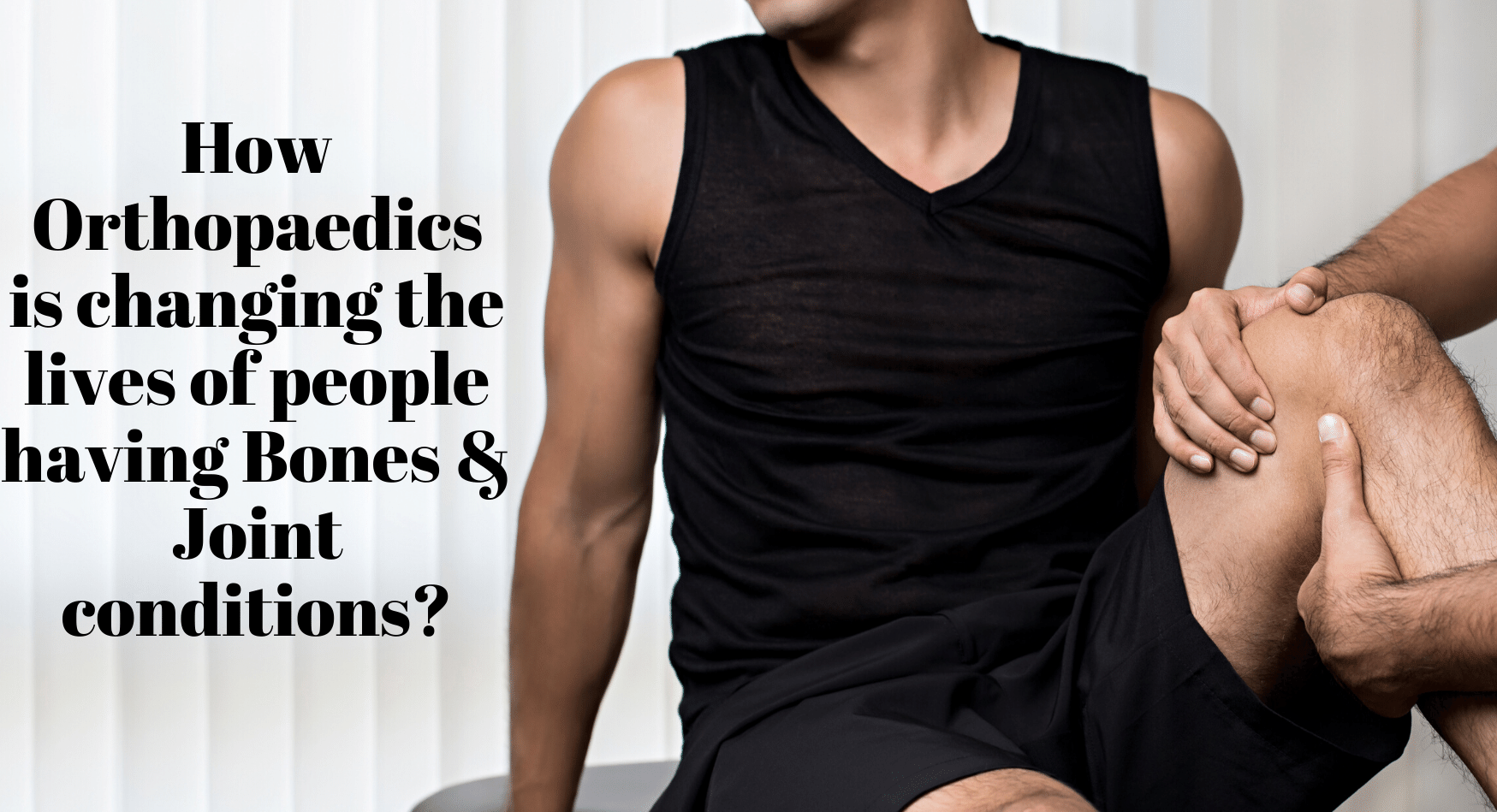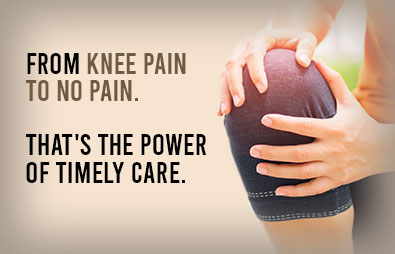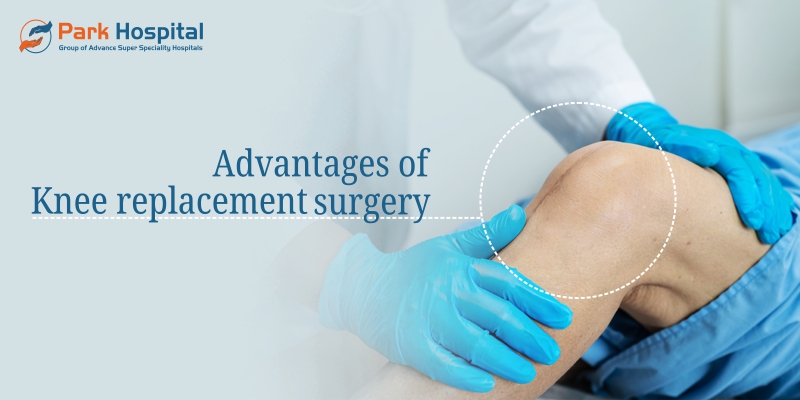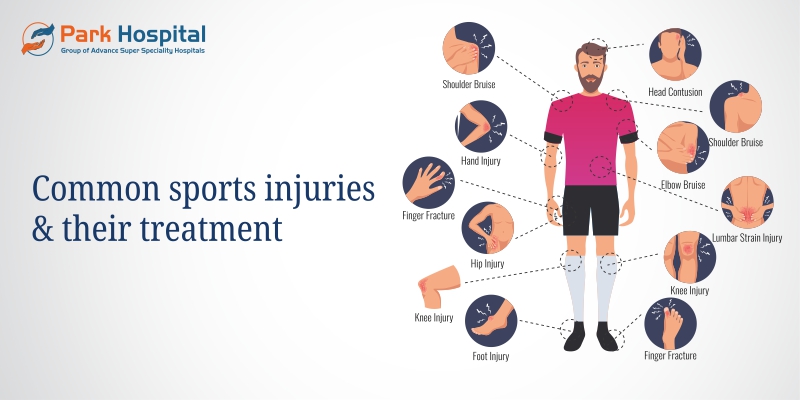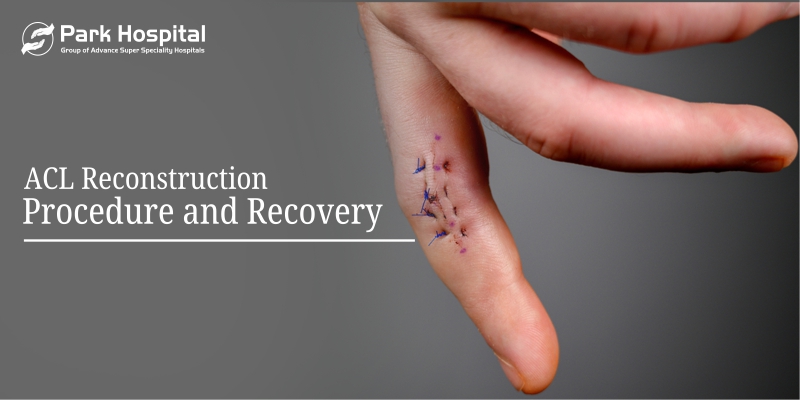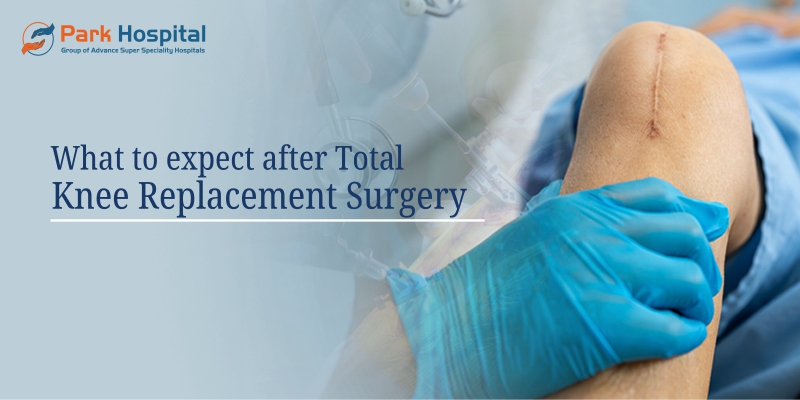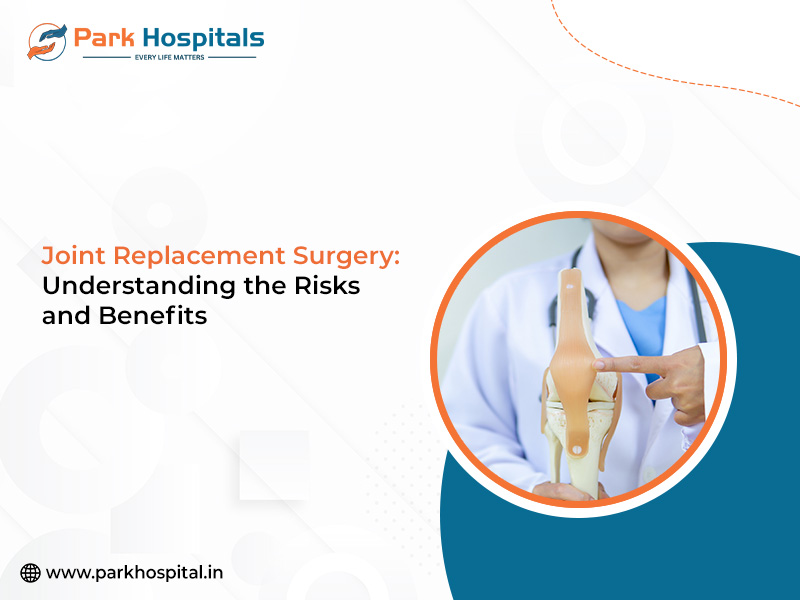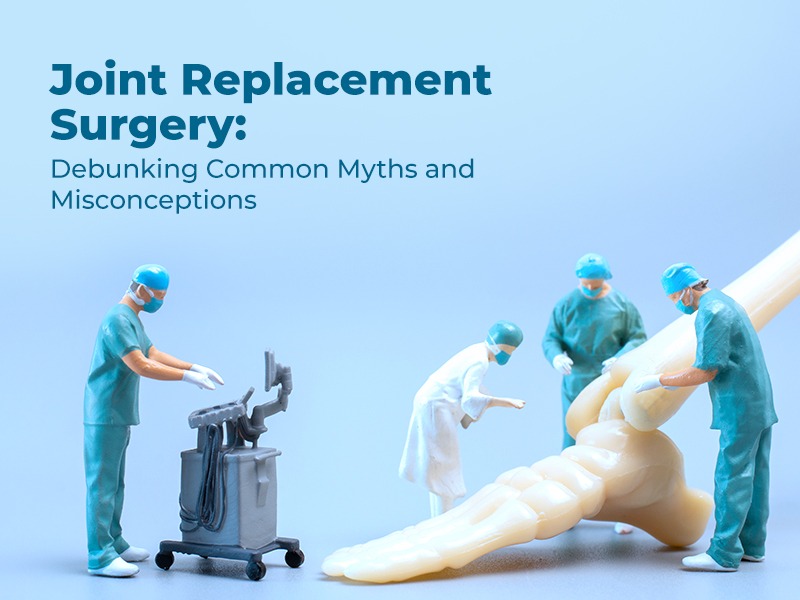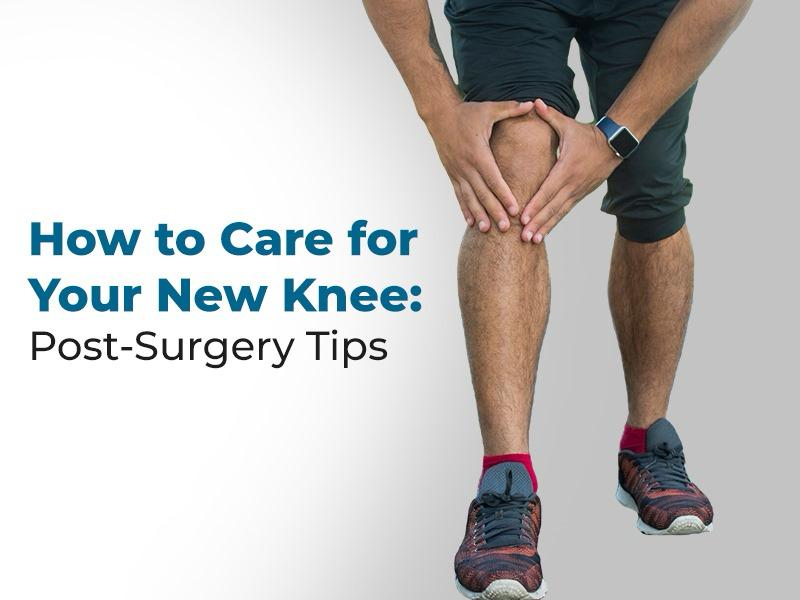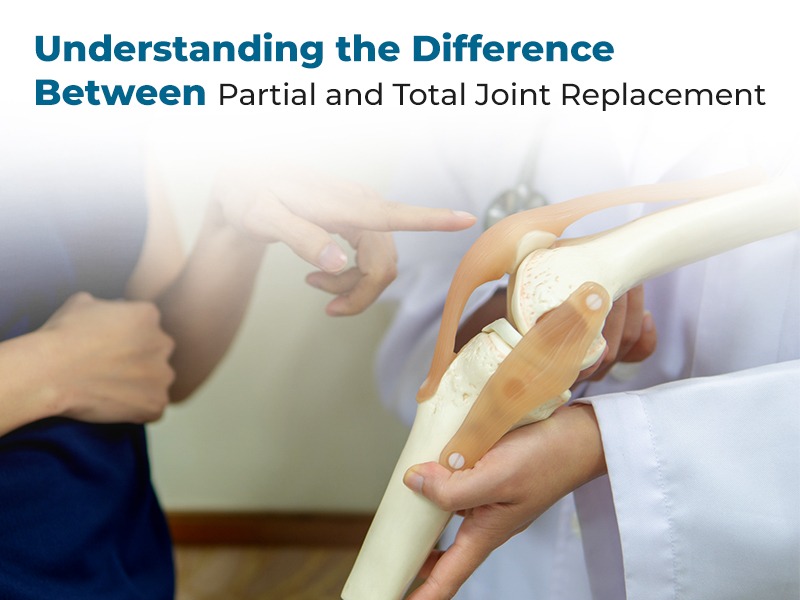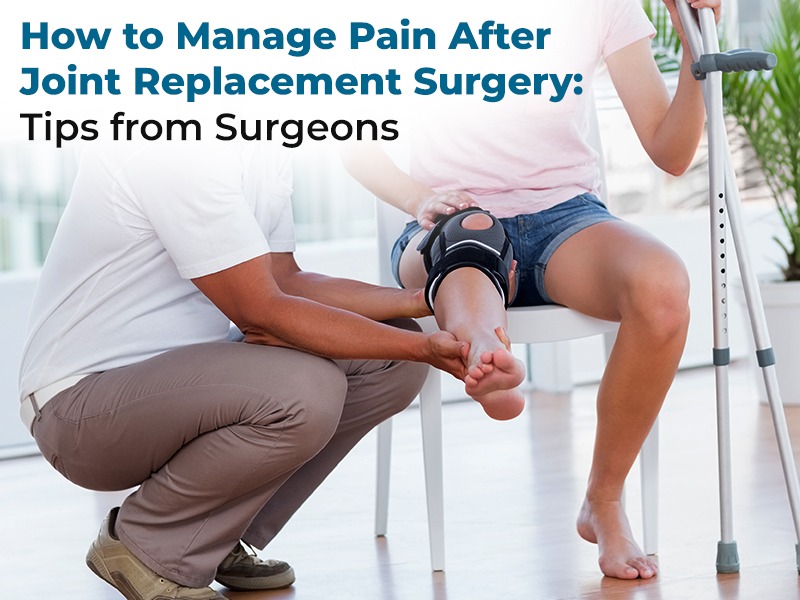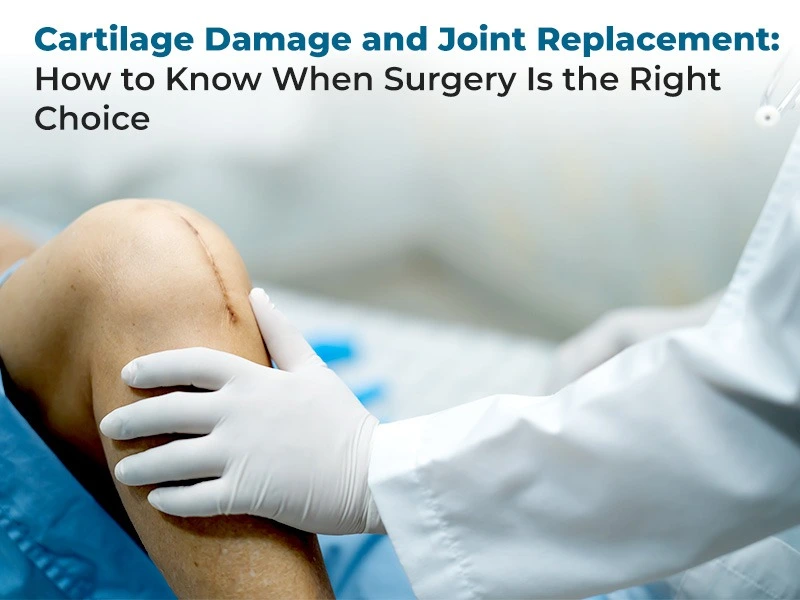Are you or someone you know finding it increasingly difficult to walk or perform daily activities due to knee pain? If so, you’re not alone. Knee issues can drastically impact one’s quality of life. The good news is that medical advancements in knee replacement surgeries offer various options tailored to different needs at a knee replacement hospital. But with so many choices, which one is the right fit for you?
In this blog, we’ll explore the different types of knee replacement surgeries, their benefits, and how to choose the right one for your condition. Let’s get into it!
Types of Knee Replacement Surgeries
Total Knee Replacement (TKR)
When people think of knee replacement, they usually picture a Total Knee Replacement or TKR. This is the most common type of knee surgery and for a good reason. If you experience chronic pain and have severe arthritis or other conditions affecting both the inner and outer parts of your knee, a TKR might be the best choice.
What happens in TKR? In a total knee replacement surgery, both sides of your knee joint are replaced with artificial implants. The surgeon removes damaged cartilage and bone, then places metal components on the ends of your femur (thigh bone) and tibia (shin bone), along with a plastic spacer in between for smooth movement.
Who’s it for?
● Patients with severe osteoarthritis, rheumatoid arthritis, or traumatic injury.
● People experience stiffness, swelling, and limited mobility.
Why choose TKR? TKR is highly effective in reducing pain and restoring the knee’s function. If you find it challenging to perform everyday activities such as walking, climbing stairs, or even getting out of bed due to constant knee pain, this could be a life-changing solution.
Partial Knee Replacement (PKR)
Not every knee needs a full replacement. Sometimes, the damage is confined to a specific area. This is where partial knee replacement (PKR) comes into play instead of total knee replacement surgery at Park Hospital. If you have damage in just one section of your knee, such as the inner or outer side, a PKR could be the less invasive option.
What happens in PKR? In a PKR, only the affected portion of the knee is replaced. This surgery involves less bone removal, leading to faster recovery times compared to a TKR. A smaller incision is made, and only the damaged part of the knee is replaced with an implant.
Who’s it for?
● Patients with arthritis or damage are limited to one compartment of the knee.
● People with a good range of motion and ligament strength.
Why choose PKR? PKR offers a shorter recovery period and more natural knee movement post-surgery. If you have isolated pain in one part of your knee and the rest is healthy, this might be your best bet.
Kneecap Replacement (Patellofemoral Arthroplasty)
If the pain is localised to the front of the knee, particularly around the kneecap, a Kneecap Replacement or Patellofemoral Arthroplasty might be suitable. This type of surgery targets only the patellofemoral joint (where your kneecap meets your femur).
What happens in Patellofemoral Arthroplasty? The procedure involves replacing the damaged kneecap and its joint surface with an implant. The rest of the knee remains untouched.
Who’s it for?
● Patients with kneecap arthritis or injury.
● People experience pain, specifically in the front of the knee.
Why choose Patellofemoral Arthroplasty? This is an excellent option if only the kneecap is causing discomfort. It preserves the rest of the knee structure and can be performed with smaller incisions, leading to quicker recovery times.
Complex or Revision Knee Replacement
Sometimes, a knee replacement surgery performed years ago might need an update. This is where Complex or Revision Knee Replacement comes into play at a knee replacement hospital. It’s a specialised procedure for patients with a previous knee replacement that has worn out or failed.
What happens in a Revision Knee Replacement? The old implants are removed and replaced with new ones in this surgery. This can be more intricate due to potential bone loss, scarring, or ligament issues.
Who’s it for?
● Patients whose original knee replacement has loosened or worn out over time.
● Those experiencing pain or instability in their previously replaced knee.
Why choose a Revision Knee Replacement? If your old knee replacement isn’t functioning correctly or is causing pain, a revision surgery could restore comfort and stability.
When Should You Go for One?
Choosing the correct type of knee replacement depends on factors such as the extent of the damage, your age, activity level, and overall health. Here are a few key considerations to help you decide:
● Persistent Knee Pain: If knee pain is constant, making even simple activities like walking, climbing stairs, or sitting uncomfortable, it might be time to consider surgery. Chronic pain that disrupts your sleep or limits your daily life is a clear indicator.
● Severe Arthritis: When the knee is severely damaged due to osteoarthritis, rheumatoid arthritis, or post-traumatic arthritis, a knee replacement may be necessary to restore function and relieve pain.
● Limited Mobility: If your knee’s range of motion has significantly reduced or stiffness makes moving your knee difficult, surgery might be the best solution.
● Failed Conservative Treatments: When non-surgical treatments like medication, physical therapy, or injections no longer provide relief, surgery becomes a viable option.
● Damage Visible on X-rays: If imaging shows a significant deterioration of the joint or bone, a knee replacement could be the most effective route.
Final Thoughts
Knee replacement surgeries can be a powerful solution to alleviate pain and improve mobility. However, understanding your options is crucial. If knee pain is holding you back, speak to an orthopaedic specialist at Park Hospital to find the best course of action. With the proper guidance and treatment, you can get back to enjoying life without the constant discomfort!

